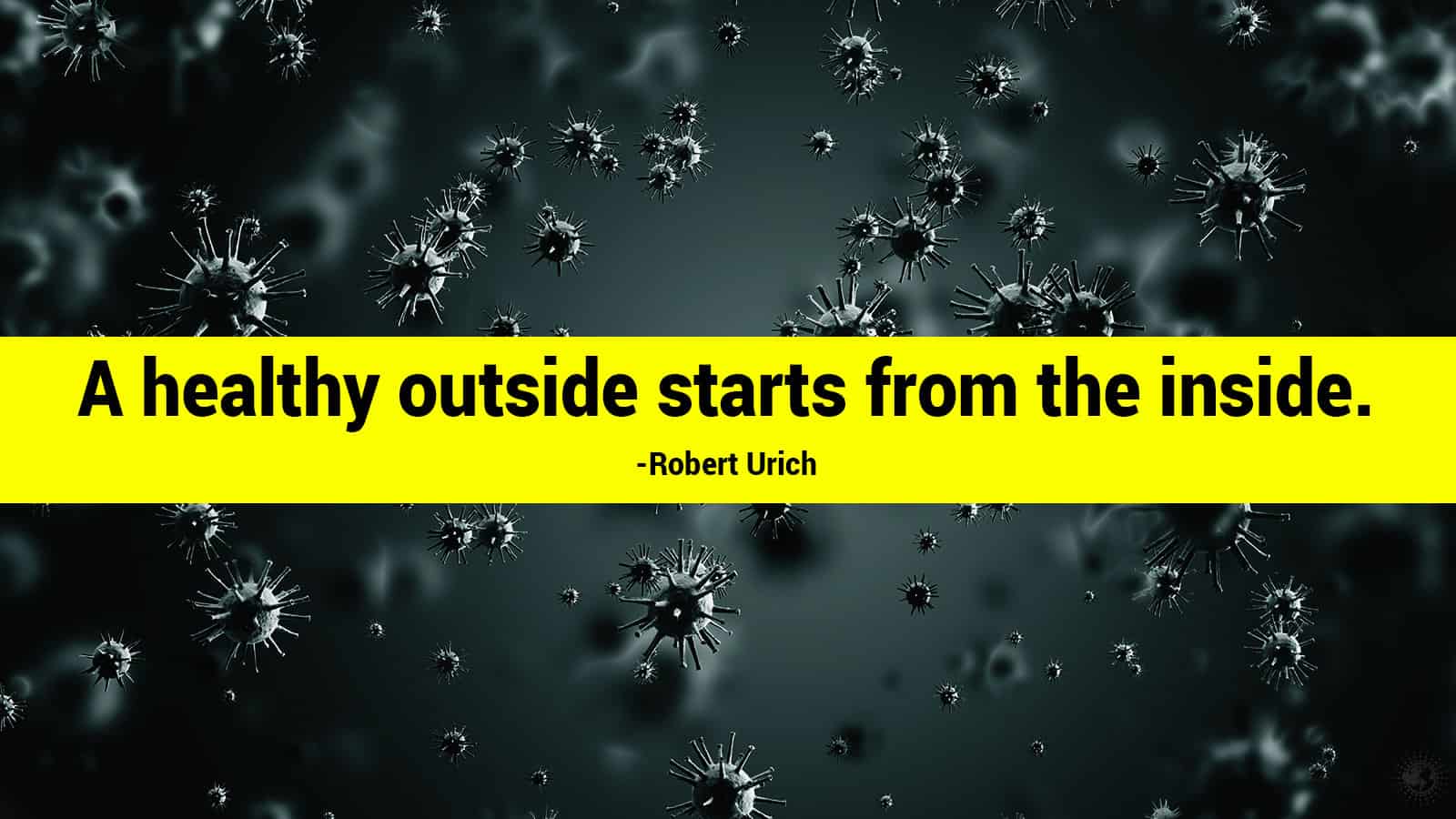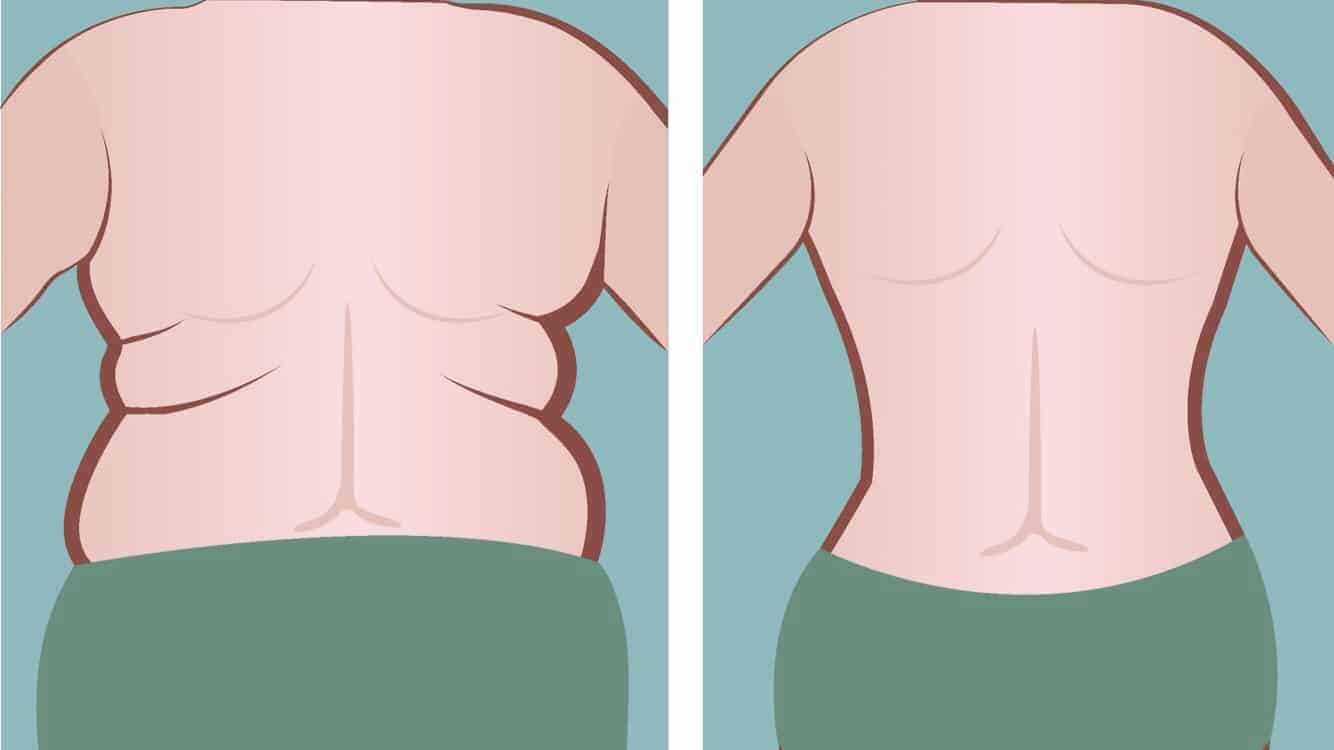Most people wake up to a warm cup of coffee in the morning to give them energy for their day. For others, it’s more of a habitual practice and source of comfort before their hectic days begin. However, some studies have shown that large amounts of caffeine can harm your health. After all, the FDA still classifies caffeine as a drug. Additionally, we consume more of it than any other drug, thanks to our love of coffee and energy drinks.
Here’s what the FDA says about coffee and energy drinks:
“In the U.S., 80 percent of adults consume caffeine every day – the average adult has an intake of 200 mg per day, the amount in two 5-ounce cups of coffee or four sodas. A study of 7th, 8th, and 9th grade students in Ohio found that students took in an average of 53 mg of caffeine per day, but almost one in five students took in more than 100mg of caffeine each day.”
The FDA states that a 5 oz (small) cup of coffee contains 60-150 mg of caffeine, depending on the darkness of the roast.
Small amounts of coffee are fine for most people, but the caffeine still causes increases in cortisol and adrenaline which activates the fight-or-flight response. Many people report feeling more restful and calm after eliminating caffeine from their diets, although it might take a few weeks to notice any effects. In our on-the-go society, coffee and caffeine are widely touted to keep us moving, but it can have a negative effect on our health in the long run.
FDA classifies coffee as a drug
Caffeine is classified as a drug in addition to being an additive, according to the FDA. Plus, the world consumes it widely. Although it’s a highly addictive substance, it doesn’t cause harm in most cases so it’s not regulated by the FDA.
However, just like other drugs, caffeine can cause withdrawal symptoms and even lead to a substance abuse disorder, according to the American Psychological Association’s Diagnostic and Statistical Manual version 5. Abusing caffeine to where the user feels mental and physical symptoms classifies as a substance abuse disorder.
Benefits of giving up caffeine:
– Reduced headaches (however, during the withdrawal period you might notice an increase)
– Reduced tightness in muscles
– Better concentration
– Feeling more alert in the mornings
– Reduces feelings of restlessness
– More regular and healthy bowel movements
– Better regulated sleep cycles
– Better awareness of hunger and fewer junk food cravings
– More balanced, healthy response to stress
Studies showing negative effects of caffeine on brain
According to the American Society for Pharmacology and Experimental Therapeutics, caffeine from coffee can negatively affect sleep, reduce mood and blood flow to the brain, cause harm to your metabolism and genes, and can impair memory and cognitive performance. Researchers found that ‘Peak plasma caffeine concentration is reached between 15 and 120 min after oral ingestion in humans.’ Also, caffeine takes about six hours to leave the body, so if you have a late afternoon cup, you might notice more restless, interrupted sleep. Caffeine might be a major contributor to the increase in insomnia around the globe, compounded by other factors such as stress, lack of exercise, using technology too close to bedtime, and eating unhealthy foods.
A common misconception
Many people believe that caffeine improves their ability to function, but it doesn’t in all cases. The above research found that ‘An increase in arousal improves the performance of tasks where relatively few sources of information have to be monitored, particularly under conditions when the need for selective attention is stressed by time pressure. When, on the other hand, multiple sources of information or working memory have to be used, an increase in arousal and attention selectivity has no apparent beneficial effect on performance, which may consequently even decrease.’
A metabolite in caffeine called paraxanthine has been shown to inhibit the body’s adenosine receptors, which then increases epinephrine levels and diastolic blood pressure. So, in basic terms, drinking coffee causes the fight-or-flight response to become activated because your body senses a threat. In other words, most people are getting through their days due to pure adrenaline pumping through their blood. If you feel exhausted when you get home from work, it might be due to the inevitable crash caused by caffeine.
So, now that we’ve talked about the negative effects of caffeine on the mind and body, we’ll go over some natural ways to have more energy (without the harmful side effects)
Here are 5 natural ways to have more energy without caffeine:
1 – Eat more foods that give you energy.
The body is much like a car: you put the wrong type of fuel in it, and it won’t run very well (or at all). Notice your energy levels when you eat a whole foods diet compared to a processed diet. Most people observe a surge of energy when they give up processed foods and replace them with fresh, whole foods. If you want to have balanced energy throughout the day instead of the energy crashes typical of a high-sugar diet, research shows you should eat mostly whole grains and proteins. Both of these foods offer more sustaining energy because it takes the body longer to break them down.
You’ll also want to eat plenty of dark, leafy greens. This delivers your body all the minerals it needs for optimal functioning. Fruits are important as well, but eat them sparingly to avoid fatty liver and other health issues. Also, nuts and seeds, as well as beans and legumes should be part of a balanced diet.
Bring healthy snacks such as fruits and veggies with you to the office to avoid any cravings or temptations to get vending machine snacks.
2 – Drink plenty of water.
It’s been shown that most people today suffer from chronic dehydration. We are replacing water with other unhealthy beverages such as energy drinks and coffee, which only further the dehydration. In fact, a 2015 study found that more than 10 percent of people who went to their doctor with complaints of exhaustion were actually suffering from chronic dehydration.
If you know you’re not getting enough water, make sure to carry a refillable bottle with you to work so you don’t become dehydrated. Avoid any other types of drinks for a while so you can monitor how you feel by just drinking water. For instance, instead of waking up with coffee, drink a cup of warm water with lemon instead. This will help your digestion, which will improve energy levels. Experts recommend that women drink at least 9 cups of water a day while men should drink at least 13.
3 – Get your body moving!
Unfortunately, many people don’t get enough movement in their day as our society has become more sedentary. With the advent of the Internet, this has lead to more office jobs and less need for us to be active throughout the day. However, lack of exercise has been linked to a slew of health problems as our bodies were designed to move frequently.
Exercise helps improve oxygen levels in the body as well as release feel-good hormones that increase energy levels. Plus, it lowers your risk of all types of diseases, including heart disease, cardiovascular disease, cancer, and other illnesses. An oxygenated body wards off disease, so exercise is imperative for everyone. Aim for at least 30 minutes of aerobic exercise 4 days a week.
4 – Get enough sunlight.
We spend much of our time indoors today, and depression levels are at an all-time high. When we lived more in tune with nature, we spent much more time outdoors. And time spent in nature links to overall health improvements. In fact, spending time in the sun helps your body produce Vitamin D, which links to bone health and immune system functioning. Plus, getting outside more often helps you feel more vibrant and healthy. Aim for at least 30 minutes of sun exposure per day, without any sun creams. This blocks Vitamin D absorption.
5 – Take a power nap.
Napping isn’t just for children – adults can benefit from a quick power nap too. Adults probably need naps even more than children because we have so many more responsibilities to attend to.
Research proves that naps can boost memory and increase alertness and energy levels. For a natural energy boost, try taking a 30-minute nap, but don’t overdo it because this can lead to grogginess.
 Final thoughts on how to have more energy without caffeine
Final thoughts on how to have more energy without caffeine
We hope the tips above can help you have more energy and feel better overall. By eliminating caffeine and adopting more natural energy-boosting techniques, you can avoid the inevitable coffee crash and have more balanced energy. Getting more sunshine, eating healthy, exercising, getting good sleep, and drinking enough water are all wonderful ways to boost your energy stores while getting healthier in the process.



















